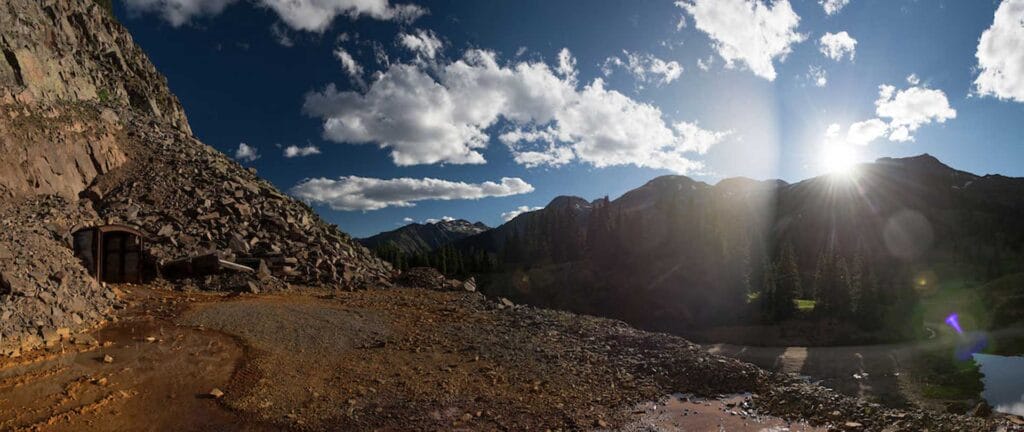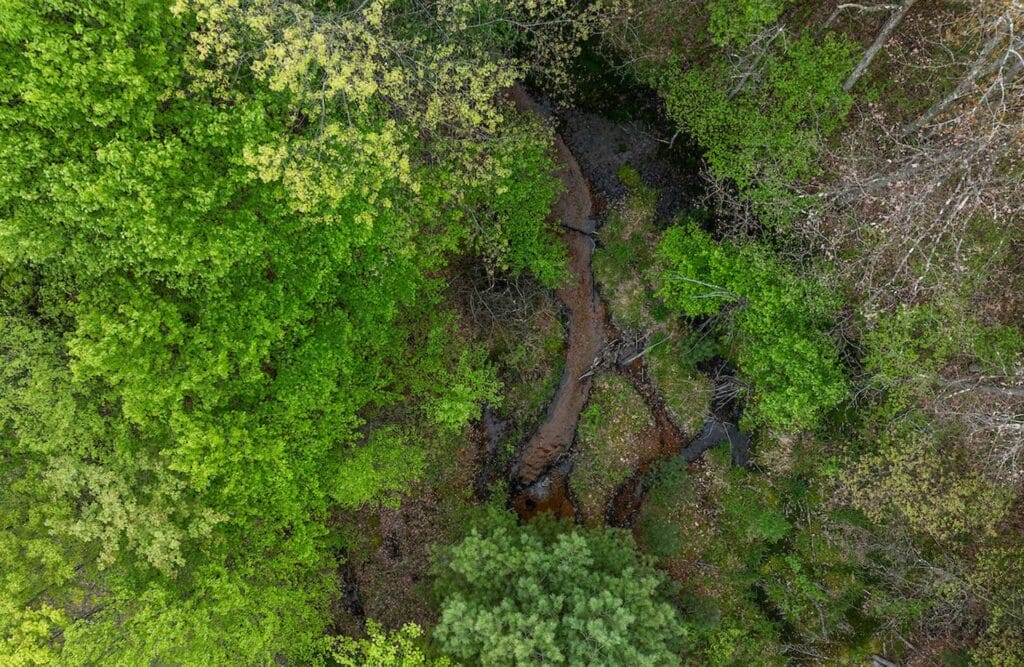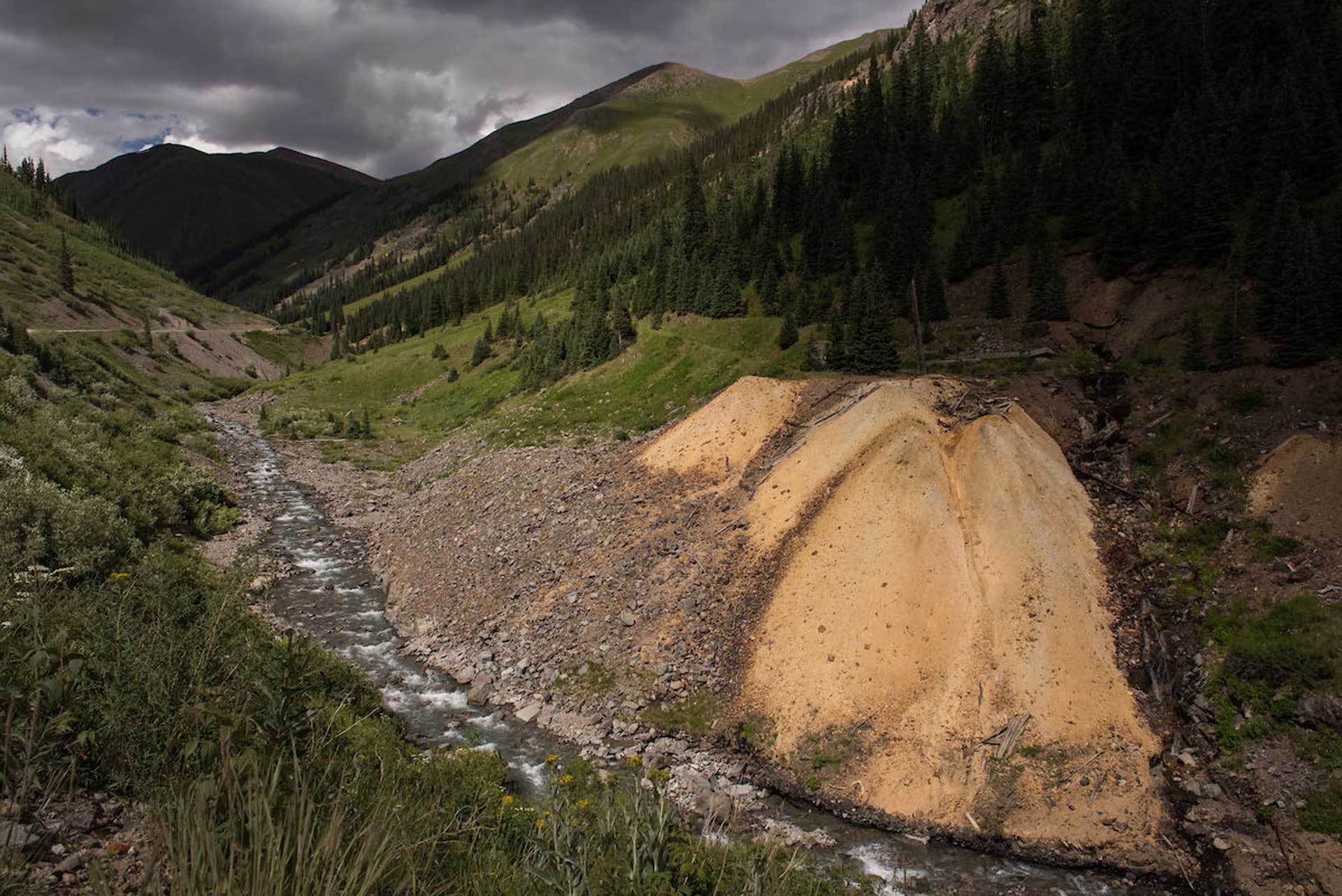Thanks to the bipartisan leadership of U.S. Sens. Martin Heinrich (D-NM) and Jim Risch (R-ID), we are closer than we have ever been to fast-tracking work on the scourge that is America’s abandoned mines.
For the first time, after two decades of work, Good Samaritan mine cleanup legislation has cleared a full chamber of Congress and has momentum in the other.
When I arrived at TU 23 years ago (gulp), it was after a long run at the Forest Service, where we protected some 60 million acres of wilderness-quality lands. We finished the Roadless Area Conservation Rule—one of the largest land protection efforts in the nation’s history—in about 18 months.
It was on the heels of that success that I looked for a similar opportunity at TU. Cleaning up abandoned hard rock mines seemed like the ticket. I had no idea that it would take not months but decades to make real headway. After all, there is no constituency for yellow rivers. There is no lobby group in Washington, D.C., advocating on behalf of acid mine drainage spilling toxins into rivers and streams.
Moreover, abandoned mines represent perhaps the greatest threat to water quality in America. According to the Environmental Protection Agency, 40 percent of Western headwaters are negatively affected by abandoned mines. TU cares so much about cleaning up abandoned mines because those headwater streams are where the strongholds of cutthroat, rainbows, Bull trout, Gila, Apache, and other native trout persist.

My first reaction when I learned this was straightforward. “Well, hold the polluters accountable!” But once I started digging into the issue, the complexities revealed themselves.
Unfortunately, the people and companies that caused this pollution are long gone. Some of these mines have been abandoned for 150 years.
Making the challenge even more confounding are two additional factors.
First, unlike every other commodity that is produced on our public lands, mining companies do not pay a royalty or tax on the removal of minerals such as gold, copper or silver. Contrast that with the coal industry, which has contributed more than $12 billion since 1977 to an Abandoned Mine Land Fund that is used to clean up abandoned coal mines across Appalachia and beyond.

Second, one of the most important environmental laws in America, the Clean Water Act, can provide profound disincentives for would-be “Good Samaritans,” who had nothing to do with causing the pollution but want to clean up the mess.
Under this vitally important law—a law that TU has spent decades defending, by the way—if someone spends a few hundred thousand dollars to clean up abandoned mine tailings, and improves water quality from 10 percent of state standards to 90 percent, they are still on the hook for cleaning the water to 100 percent of standards—even if the cost of doing so would be prohibitive.
This fear of liability has a dampening effect on would-be Good Samaritans such as TU, local communities, and even mining companies that had nothing to do with the creation of the pollution but want to help clean our waterways. These cleanups are long-delayed, or they simply don’t happen at all.

The most frustrating part of this is that we know how to clean up abandoned mines. In fact, over the past two decades, TU has improved water quality on more than 200 miles of mostly public land and waters. We do that by negotiating with the federal agencies to assume the liability for us. Our efforts to work on private lands, however, have largely been stymied.
Now, thanks to the leadership of Senators Heinrich and Risch, a bill that would establish a seven-year pilot project to help Good Samaritans clean up 15 low-risk abandoned mines was “hotlined” through the U.S. Senate this week. Hotlining is a process for non-controversial bills that enjoy broad support. If a single member of the Senate objects to the bill, it is held up. If not, it passes.
TU has worked for more than 20 years to make this moment a reality. We demonstrated that abandoned mines can be recovered. We negotiated between the environmental community and the mining industry to come to a consensus bill. This effort—our collective effort, whether as advocates, volunteers or donors—gives the lie to the idea that America can no longer do big things.
Passage of Good Samaritan legislation is the perfect demonstration of the application of common sense to common problems for the common good, and it validates TU’s approach of bridging divides to care for the lands and waters that sustain our great nation.
Now, it’s on to the House, where a bipartisan group of members have signed on as cosponsors. Help us make the case to Congress that it’s time to send Good Sam across the finish line.



